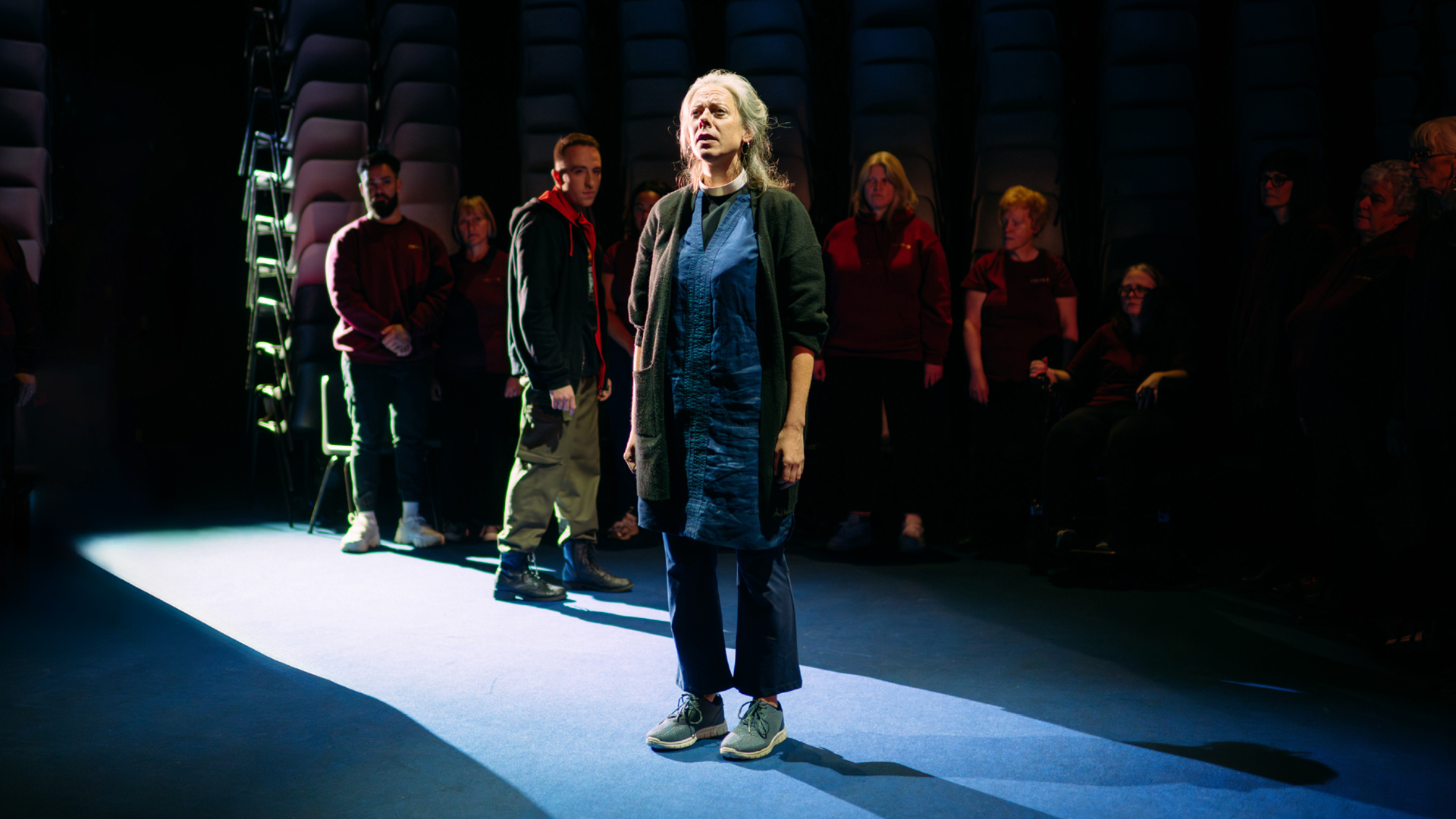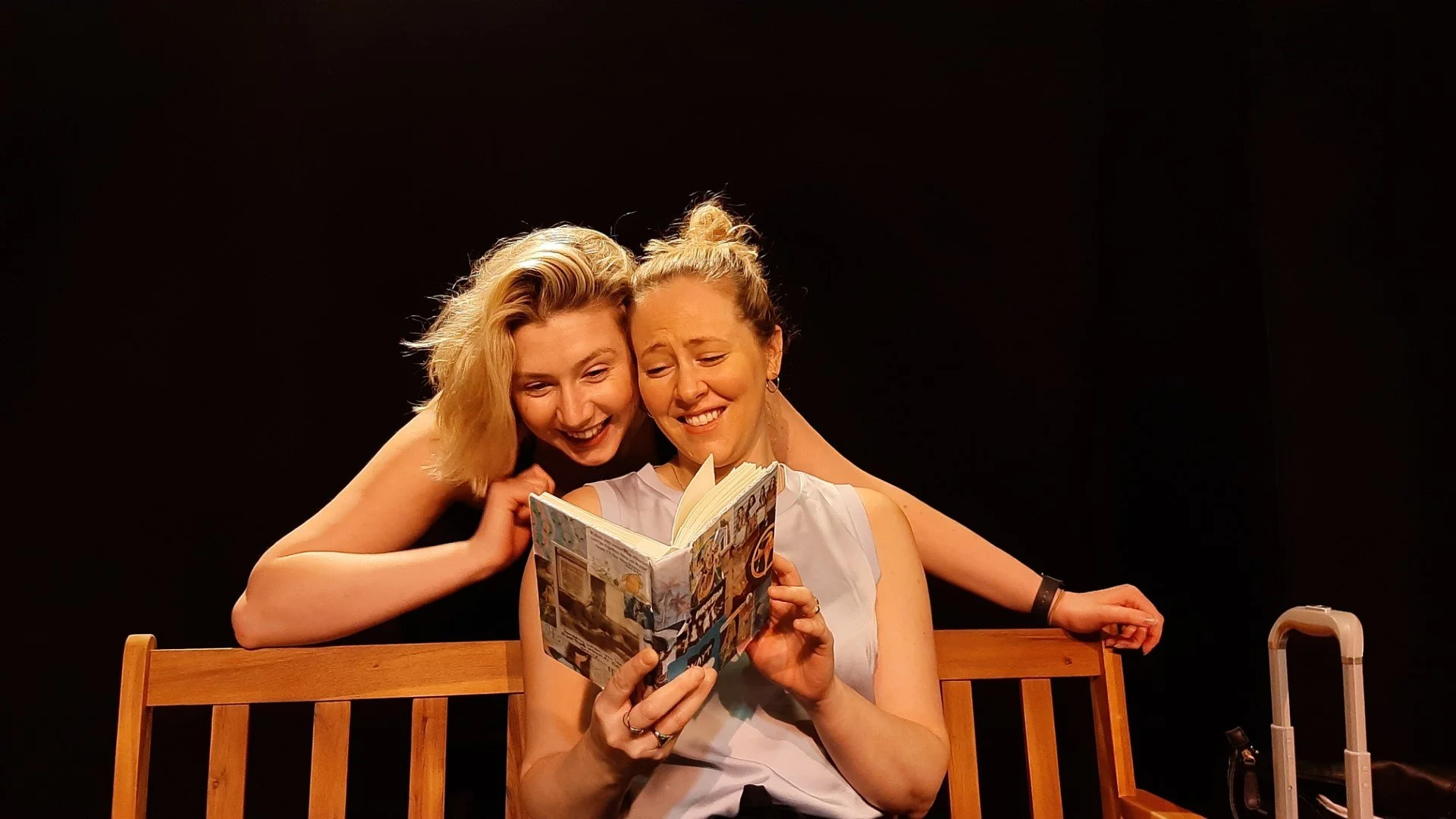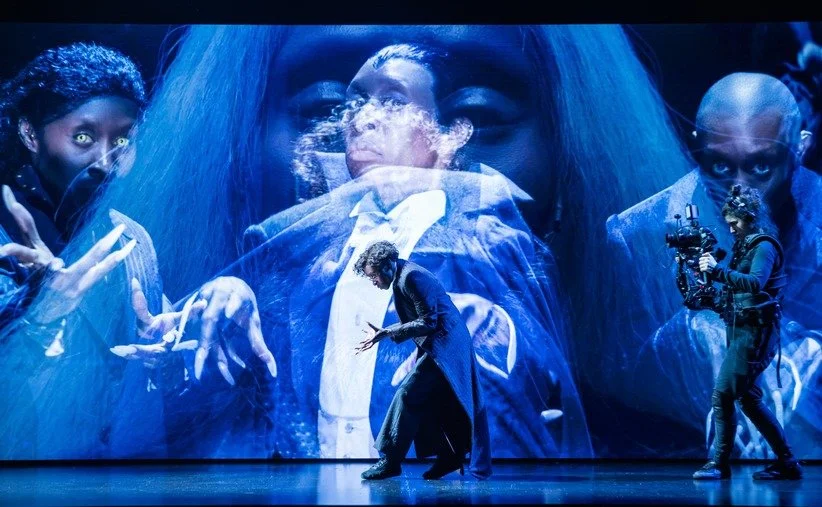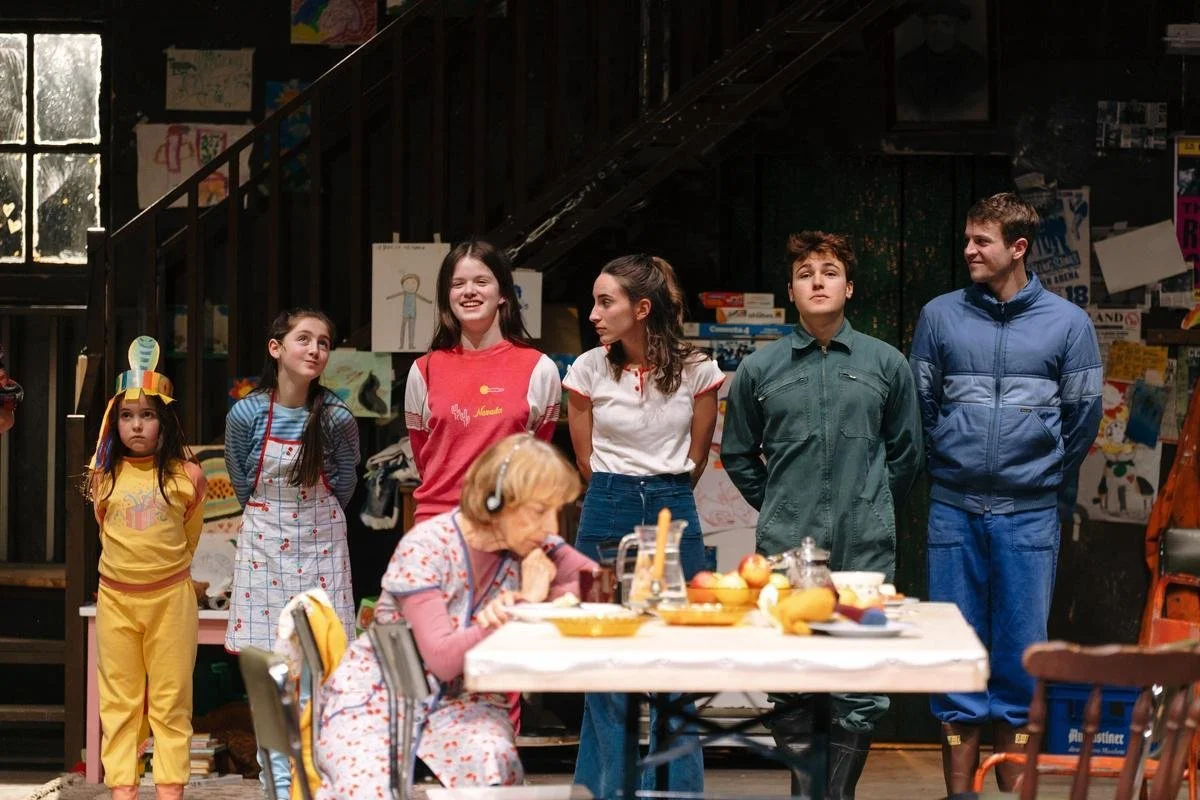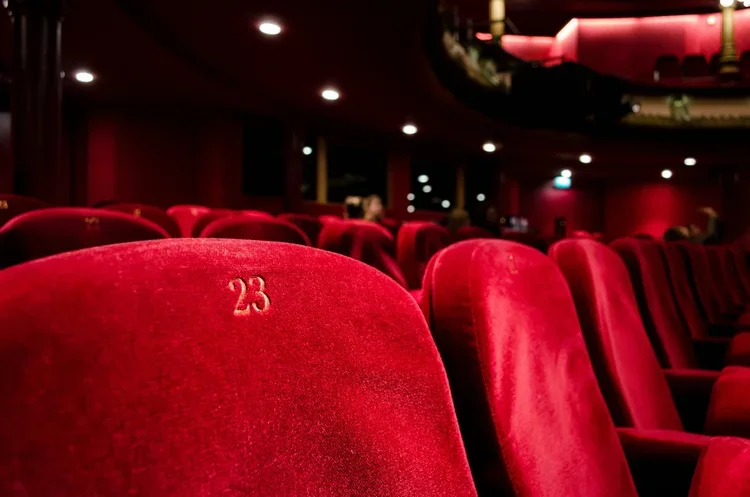Death of England: Closing Time Review
Written by Cathie for Theatre and Tonic.
Disclaimer: Gifted tickets in return for an honest review. All opinions are our own.
Content: Flashing lights, strobe lights, adult themes, swearing, sudden noises
Following a acclaimed yet turbulent original running at the National Theatre and brought short by the dreaded lockdowns, Death of England has returned in full glory to the sohoplace theatre. Overhauled by writer Roy Williams and Writer & Director Clint Dyer, the original play has been reworked into three shorter one act plays; two monologues and a duology. This trilogy focuses on the same two families each time but focuses on the different individuals’ perspectives and challenges in their lives. While it's not essential to see all three to grasp the narrative, doing so enriches the understanding of the subtext and the clever references linking the characters.
The final play in this trilogy is Death of England: Closing Time. All three plays examine modern Britain and its current socio-political climate and Closing Time focuses on the wider impact on these issues first and foremost. Closing Time is a counterbalance to Michael and Delroy in that it focuses on the feminine perspective of current issues. In this case we examine Carly (Erin Doherty) and Denise (Sharon Duncan Brewster) who are closing up their dual florist and West Indian food cafe. Initially, the two women are snippy and frustrated with each other, but over the course of 100 minutes, the layers peel back to reveal the tragedy that has befallen them.
The stage is dominated by a raised St. George’s cross, a versatile set piece that transforms into a boxing ring, battleground, and truce space as the women navigate their conflicting emotions. The physicality of the staging is impressive, with the characters leaping across the set, retrieving hidden props, and using the space to reflect their inner turmoil. There is never a dull moment in this play and the use of lighting is spectacular in changing the vibes and heightening the tension or isolation of these two very strong women in literally illuminating their views. Although these two women are polar opposites in more ways than one, their connections and moments of genuine humour, love and connection are impossible to deny.
This play certainly does not shy away from the heavier punches regarding racism, colonisation, class discrimination, gentrification, cancel culture in media and the inevitable clashes between mother and daughter (in sin not law). This play brings out these points with a wit so sharp as an audience member its difficult not to cut yourself on it and will all too vividly remind you of many women you know in real life and their challenges. At times this is done with a roundhouse punch instead of a scalpel and the finer nuances are occasionally blunted but the overall impact is powerful, delivered with a passion that leaves a lasting impression.
What stands out most is the authenticity of the characters. This is in no small part due to the magnificent performances by Doherty and Brewster. Their chemistry is incredible and highly nuanced, invoking a powerful sense of pathos and genuine compassion for the women and their broken dreams. The passionate dialogue between Carly and Denise feels so real that it’s easy to imagine similar conversations happening on the streets of London. The East End subculture is captured with such precision that you almost expect to see locals from the nearest pub wander onto the stage, still arguing about football and saying wildly inappropriate jokes. Closing Time has truly captured 2024 in a perfect bubble, fragile yet superbly encapsulating everything we hope and fear for in our day to day lives and the future of “Great” Britain.
This play is a phenomenal addition to the West End and brings much needed sharp wit and clarity to our theatrical palate. If you enjoy plays focused from the feminine perspective which magnifies London culture and the struggles many of us face in our day to day lives then I strongly urge you to run to see this play as soon as possible.
At @sohoplace until 28 September.
★ ★ ★ ★




